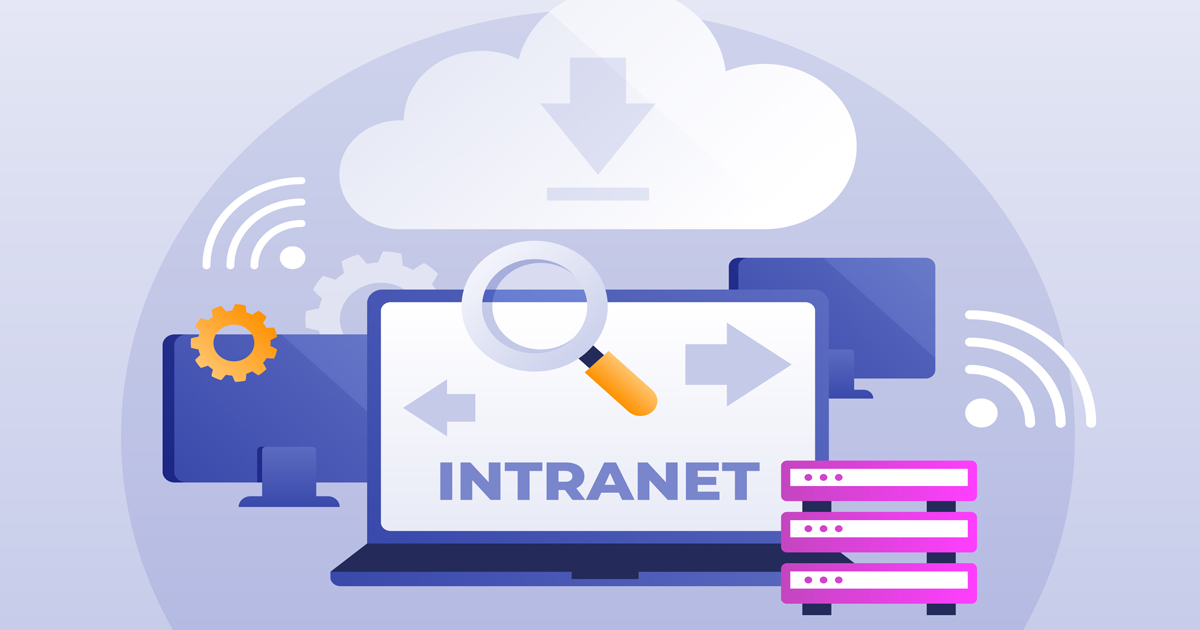Website speed is a huge factor in your website’s success. A slow site can drive visitors away, hurt your rankings, and reduce conversions. Here’s why speed matters and how to improve it:
1. User Experience (UX) Matters
Fast Websites = Happy Visitors
Users expect pages to load in under 3 seconds.
A 1-second delay can reduce page views by 11%.
Slow sites frustrate users, leading to higher bounce rates (people leaving your site quickly).
2. SEO (Search Engine Optimization)
Google Loves Speed
Page speed is a ranking factor for Google.
Faster websites rank higher in search results.
Mobile speed is especially important—Google prioritizes mobile-first indexing.
3. Conversions & Sales
Speed = More Revenue
Amazon found that every 100ms delay cost them 1% in sales.
Walmart saw a 2% increase in conversions for every 1-second improvement.
If your website sells products or services, a slow checkout process can kill sales.
4. How to Improve Website Speed
Use a Fast Web Host – Choose a reliable hosting provider with good speed performance.
Optimize Images – Compress images to reduce load time.
Use a Content Delivery Network (CDN) – Speeds up loading by storing content in multiple locations.
Enable Caching – Helps browsers store static content for faster access.
Minimize HTTP Requests – Reduce the number of scripts, images, and CSS files.
Use Lazy Loading – Load images and videos only when they appear on screen.
Optimize Code – Minify CSS, JavaScript, and HTML.
Final Thought
A fast website = better user experience, higher rankings, and more sales. If your site is slow, you’re losing traffic and money. 🚀
Need help checking your website speed? Try Google PageSpeed Insights or GTmetrix! Want specific tips for your site?

